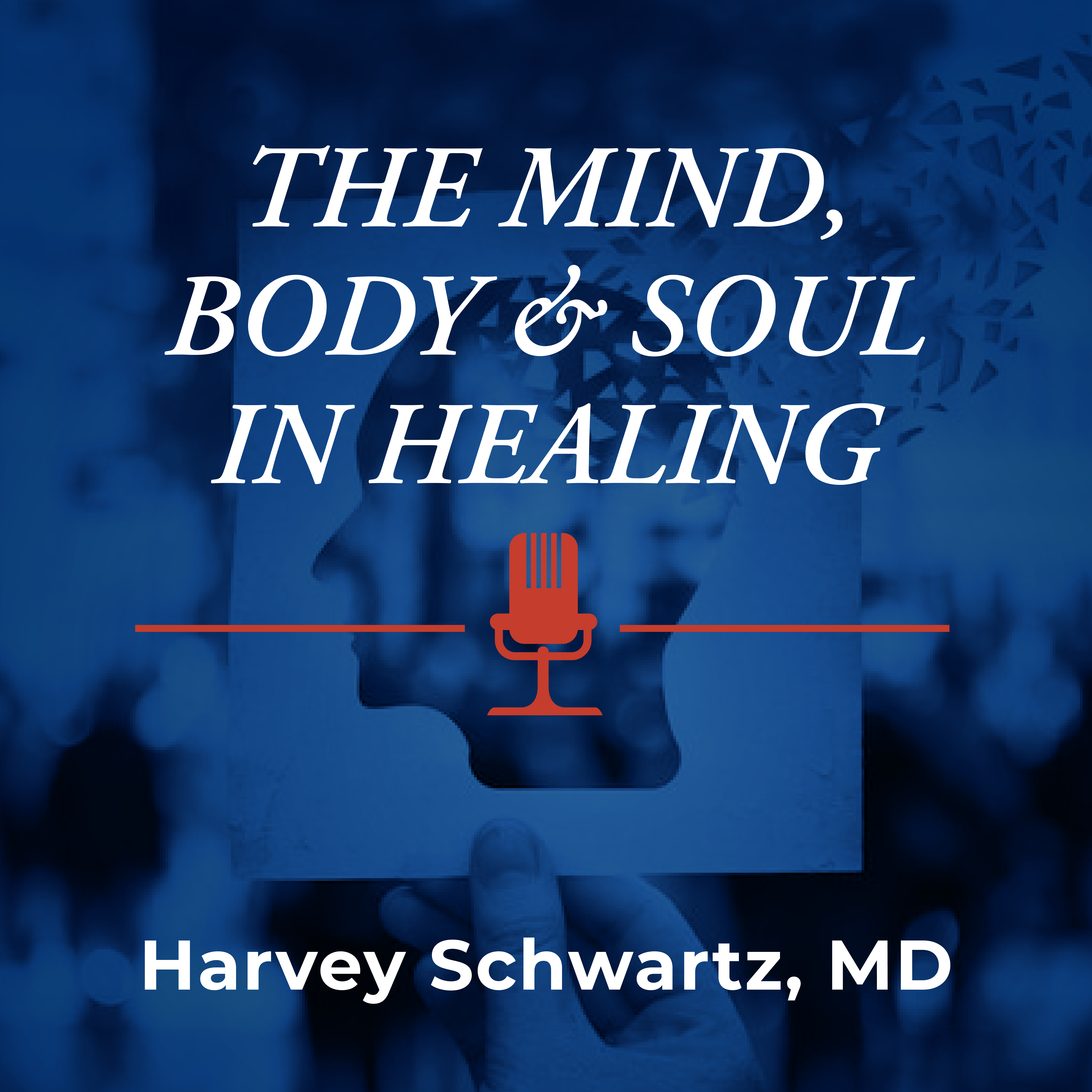
“The first pillar is relaxed awareness – we talk about it as the fundamental state of mind and body that is the basis of attunement. Listening is the taking in of cues and information from the other person. Understanding is cognitively processing and understanding that information that you’ve taken in. The final pillar is mutual responsiveness. It is in essence the active component of attunement – what you do towards the other person once you’ve taken in and understood that information.”
Episode Description: We begin by describing what emotional attunement is and how we ‘know it when we see it.’ We are most familiar with it in the creative and athletic arts but in fact we have access to it in our daily lives. Ted and Ashley break it down for us and describe the four pillars that they see as constituting rich interpersonal attunement. We also discuss what the autistic spectrum is and how its various presentations reflect neurodiversity. They each describe clinical presentations of these conditions and the approaches that can be useful in engaging those who struggle in this area. We close our conversation by their sharing their personal journeys that have led them to this field.
Our Guests: Edward S. (“Ted”) Brodkin, M.D. is Associate Professor of Psychiatry at the Perelman School of Medicine at the University of Pennsylvania. He is the Founder and Director of the Adult Autism Spectrum Program at Penn Medicine. He received his A.B. Magna Cum Laude from Harvard College and his M.D. from Harvard Medical School. He did his residency in psychiatry and a fellowship in neuroscience research at the Yale University School of Medicine, as well as a fellowship in genetics research at Princeton University. His research lab and clinical program at the University of Pennsylvania focus on social neuroscience and the autism spectrum in adults.
Ashley A. Pallathra, M.A. is a clinical researcher and therapist. After graduating with a bachelor’s degree with Distinction in Neuroscience from the University of Pennsylvania, she received a Master’s degree in Psychology and is currently pursuing her Ph.D. in Clinical Psychology at The Catholic University of America in Washington, D.C. She is the author of numerous published research articles and a book chapter in the fields of resilience and social-emotional functioning in youth, autism research, and social neuroscience. Her current research and clinical work center around strengthening social competence and building resilience in children and adolescents from diverse community settings.


I really enjoyed this episode, and wanted to share some ideas I have about why these symptoms are present. I’m not in mental health; I do a podcast on meditation, but I did one show I called “The Autism Cure?” In that show, I explained how symptoms develop akin to how hysteria develops, but without a sexual cathexis. In Autism, I called it a competitive cathexis. And like hysteria, the treatment would consist of getting to the emotion behind the repressed competition. I say “would” because I’m not a therapist and/or clinician. Thanks!